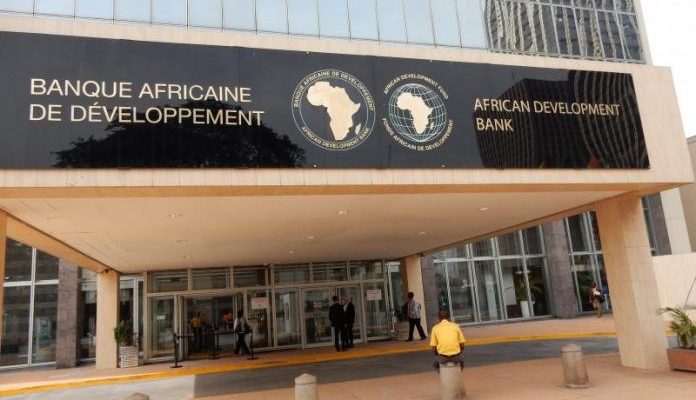African Development Bank (AfDB) has made case for agro-industrialisation projects by seeking support from Nordic country partners towards adding value to the competitive production of commodities such as cocoa, livestock and cotton in order to leverage the African Continental Free Trade Agreement (AfCFTA).
Speaking at a webinar held on Thursday by Nordic-African Business Association (NABA), Vice President for Private Sector, Infrastructure and Industrialisation at African Development Bank, Solomon Quaynor, called for a strategic investment opportunities in Africa.
He explained that this singular gesture would allow “African production to participate more in these value chains and also to increase jobs and increase incomes to private sector and also the African economy.”
READ ALSO:
Buhari Presents ₦13trillion Budget, National Assembly Gets ₦128b, Housing ₦20b
One good example of this is Africa Finance Corporation (AFC) and AP Moller Capital’s Arise Group of Companies, in partnership with Olam of Singapore.
The digital webcast, jointly organised by NABA, Norwegian Ministry of Foreign Affairs, Scatec Solar and AFC, was part of a day-long event aimed at reconnecting Nordic businesses with the continent.
Nordic-African Business Summit has been hosted for nine consecutive years in Oslo – with more than 3,000 guests and 300 speakers from over 40 countries taking part so far.
Quaynor, who was joined by African Development Bank’s Executive Director for the Nordic countries, Ireland and India, Paal Bjornestad, addressed a virtual audience made up of Nordic business representatives, government and private sector and interested individuals.
The panel entertained various questions, such as that of bankability which includes market and profitability/cashflow risk, lack of a conducive enabling environment, properly conducted Environmental and Social Impact Assessment (ESIA), and challenges of integrity of sponsors and contractors.
Other questions focused on project financing available for investors, trade finance, and whether the bank has invested in tourism projects.
Responding, African Development Bank said it supported “all projects which support economic development, but we have decided to be selective and focus on areas of our comparative advantage.”
The bank is being more selective and targeting larger transformational industrialisation projects. “We also support financial institutions to indirectly support smaller projects. We will also be pivoting more from maximising our direct loans to using guarantees to crowd in other private investors,” Quaynor added.
On the criteria for Bank support in smaller projects, he said: “In areas where the opportunities are small but very important, such as off-grid renewable energy, we support through platforms such as SEFA (the Sustainable Energy Fund for Africa)…
“Overall we need bankable projects, credible business plans…and we need to be sure that ESG and compliance work has been done.”
The bank’s mandate to spur sustainable economic development and social progress on the African continent, saw $9 billion in commercial and concessionary lending in 2019, Quaynor outlined, during his presentation on the bank’s activities and priority areas, which was followed by a question and answer session.
This lending went towards its priority High5s, across its key cross-cutting themes – that is mainstreaming gender, support to fragile markets, and climate-friendly projects. Twenty five per cent was to the private sector.
READ ALSO:
Youths Are Pivotal Actors in Achieving Peace, Sustainable Development- Lagos Youth Commissioner
One example of this is Boko Mine and Port in Guinea, described as a “truly transformative project.”
The $1.4 billion integrated mining and related transport infrastructure project has benefitted from a 14-year senior loan of up to $100 million from African Development Bank, with up to a three-year grace period.
The project is expected to add $400 million to Guinea’s GDP, $300 million to the country’s trade balance annually during the operational phase.
Additionally, over 4,000 jobs would be created during its construction phase, as well as 700 permanent and 1,500 temporary jobs during the operational phase.
Idowu Sowunmi
